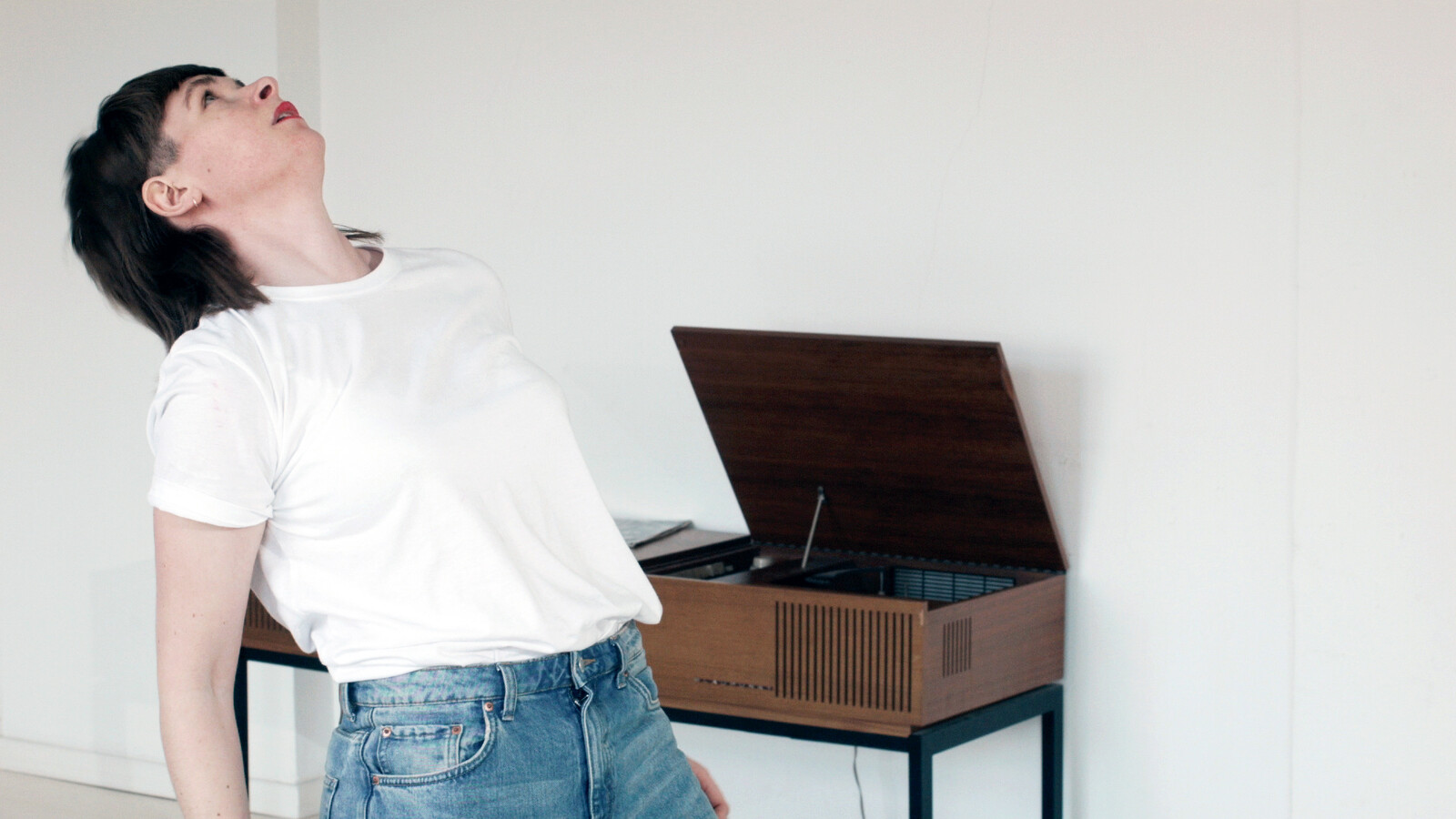Dance in contemporary artists’ films
August 17–December 19, 2020
University College Cork
Cork
Ireland
Hours: Tuesday–Sunday 11am–5pm
T +353 21 490 1844
info@glucksman.org
Artists: Victor Alimpiev, Sammy Baloji, Anne Maree Barry, Loretta Fahrenholz, Liz Magic Laser, Úna Quigley, Jimmy Robert, Sriwhana Spong, Wu Tsang
Curated by Chris Clarke
1,2,3,4 presents a series of programmes of contemporary artists’ films exploring dance, movement and choreography. From solo performances to synchronized routines, interpretative renditions to public interventions, and featuring styles from ballet to hip hop to modern and contemporary, the exhibition offers an insight into how visual artists have conveyed dance through the lens of the camera.
The filmed performances of solo and paired dancers portray intimate and elegant explorations of movement, memory, and environment. In Sriwhana Spong’s work, the camera follows dancer Chiara Ferri as she moves through a number of silent, solo dances against a sparse, dimly-lit background. Sammy Baloji’s Mémoire, shot in collaboration with Congolese performance artist Faustin Linyekula, employs dance and archival footage to address colonial violence, the shattered dreams of independence, and the postcolonial political fallout in the current Democratic Republic of the Congo. In Victor Alimpiev’s My Absolution, an actress enacts a sequence of enigmatic gestures towards the nape of a second woman’s neck in a performance of an almost sculptural tension.
The dynamic arrangements of choreographed groups and the relationships between dancers and audiences is revealed in Liz Magic Laser’s interventionist action of performers distressing their denim jeans against city sidewalks and streets. Anne Maree Barry captures a secret moment of unity and beauty as a dance troupe rehearse their routine for the final time before a national majorette competition, while, in Wu Tsang’s film, a series of choreographed performances and dialogues echoes the 1990 documentary Paris is Burning and the ballroom dance scene.
Loretta Fahrenholz’s Ditch Plains introduces a narrative element, integrating popular culture and socio-political history to create an intensely unsettling effect. Shot around the time of Hurricane Sandy, her film features members of the Brooklyn-based Ringmasters Crew as they employ robotic gestures, flexes, and freezes against the dystopian backdrop of a post-apocalyptic New York.
Úna Quigley re-imagines Guillaume Apollinaire’s 1903 play about a housewife who develops psychic powers to change her body, adapting his words to a contemporary context and the influence of post-structuralist feminist writers. In Jimmy Robert’s filmed performance, props and gestures are variously negotiated and integrated into his movements, in an evocative response to Marcel Duchamp’s seminal 1912 painting Nude Descending a Staircase.
Throughout 1,2,3,4, the artist is an active participant in the choreography, whether as a performer or through the camera’s tracing of gestures and motions. These disparate and diverse works reveal an unique affinity between film and dance, of two media moving together in tandem.
1,2,3,4, is structured as a series of film programmes unfolding over four months, exploring different aspects, atmospheres, arrangements and ideas relating to dance.
Part 1: August 17–September 19, 2020
Sriwhana Spong (NZ), Whether standing or sitting or lying or in some other position in the dark, 2011, 9:21 minutes
Sammy Baloji (CD), Mémoire, 2006, 14:30 minutes
Victor Alimpiev (RU), My Absolution, 2008, 7:37 minutes
Part 2: September 21–October 17, 2020
Anne Maree Barry (IE), Rialto Twirlers, 2010, 6:17 minutes
Liz Magic Laser (US), Distressed, 2009, 10 minutes
Wu Tsang (US), For how we perceived a life (Take 3), 2012, 9:34 minutes
Part 3: October 19–November 21, 2020
Loretta Fahrenholz (DE), Ditch Plains, 2013, 30 minutes
Part 4: November 23–December 19, 2020
Jimmy Robert (FR), Descendances du nu, 2016, 12:01 minutes
Úna Quigley (IE), Birds of My Weakness, 2018, 8:40 minutes
1,2,3,4 is supported by University College Cork, The Arts Council Ireland, and private philanthropy through Cork University Foundation.



